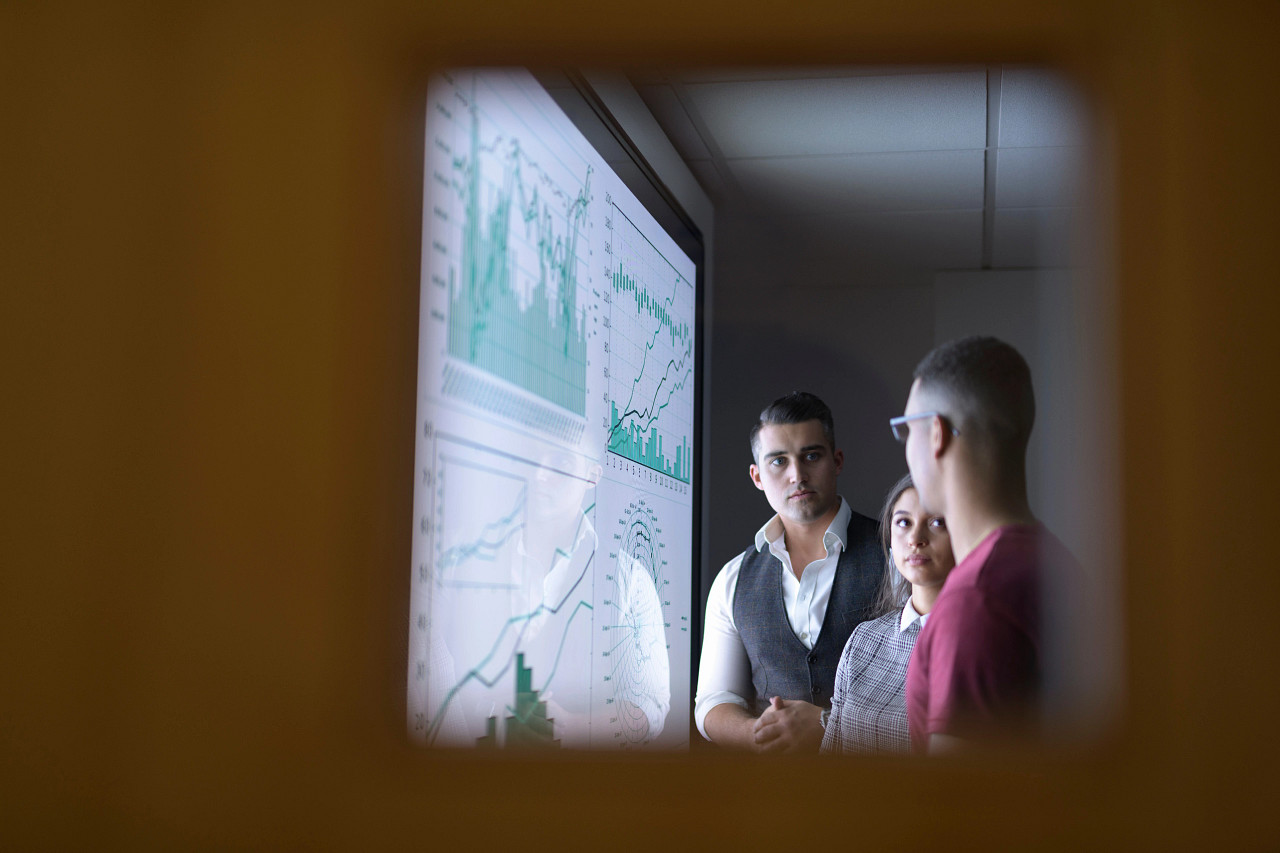The global pandemic changed the worldwide labor market. One trend, which began in early 2021, is the aptly named “Great Resignation.” Amid perceived wage stagnation, excessive stress, limited opportunities for career advancement and inflexible remote work policies, workers began quitting their jobs voluntarily — and by the millions.
The “Great Reevaluation” came next, starting in early 2022. This trend, which many consider to be an evolution or extension of the Great Resignation, saw many employees begin to reassess work in the broader context of their lives, bringing important elements such as schedule flexibility, hybrid work and mental health support into the equation. (That said, many employees have also been motivated to explore opportunities in a robust hiring market where employers are prepared to offer generous compensation to workers with in-demand skills.)
Looking specifically at the internal audit profession, the impact of these workforce trends is evident: Quits are high. In fact, recent research from The Institute of Internal Auditors, highlighted in its 2022 North American Pulse of Internal Audit report, found that nearly half (46%) of internal audit teams have shrunk due to voluntary resignations.
What are the root causes for the wave of internal audit resignations?
Protiviti has seen clear evidence of this resignation wave in internal audit at many of the companies we work with, and it’s happening across all industries. Also, we’ve noted that many internal auditors who’ve quit have only been in the profession for about three or four years.
Is this the Great Resignation and Great Reevaluation at work? Partly. But there’s definitely more to it. For one, the role of the internal auditor itself is changing, with an ever-increasing focus on technology use and a seemingly never-ending list of emerging — or rapidly evolving — risk areas to monitor. Environmental, social and governance (ESG) issues are a prime example.
Gone are the days when internal audit plans were focused exclusively on financial risk. And while finance and accounting capabilities remain important for internal audit functions, there is a much broader set of contemporary capabilities required in and expected of internal audit teams.
Also, the “where” of audit work has changed. Many audits are now performed virtually — and auditors working remotely are increasingly expected to adapt to auditees’ schedules and timetables. Internal audit has long been associated with heavy travel — often leading some in the profession to spend a significant portion of their time on the road or even overseas. But the pandemic has changed all that.
Limiting travel has had an impact on internal audit departments’ day-to-day activities, and it’s heightening the need for internal auditors to grow their next-generation internal audit skills — fast. Many internal audit leaders, like their business counterparts, are increasing their focus on reassessing the internal processes and methodologies driving their teams. In Protiviti’s 2022 Next-Generation Internal Audit Survey, 74% of internal audit leaders said that their department had either completed, or is currently undertaking, transformation or innovation initiatives.
This focus on transformation and innovation has led to a net rise in the adoption of and investment in disruptive next-generation internal audit processes, such as:
- Agile auditing to increase and improve the efficiency and focus of internal audit teams and interactions with stakeholders
- Aligned/integrated assurance to improve coordination and communication across risk and assurance functions
- Dynamic risk assessment to establish more continuous risk identification and assessment, and enhance the traditional audit planning process
- High-impact reporting for delivering timely, high-quality and often interactive information to stakeholders to help drive improved decision-making
- Assurance automation, which uses robotic process automation (RPA) and artificial intelligence (AI), to drive efficiency and expand capacity
This shift in focus to new methods initially occurred at a time when digital communication tools like Microsoft Teams, Zoom and Skype were drastically improving — helping to make routine audit work more manageable in distributed and remote work settings. This development, along with the continuation of remote and hybrid work policies, has led to internal auditors performing most of their preplanned audits remotely while at the same time modifying their way of work to introduce and integrate next-gen internal audit processes.
While many of these changes have resulted in improvements to how internal audit functions operate, it has also led to some team members feeling overwhelmed and overworked. A recent assessment we performed for one of our clients highlighted a root cause for a drop in recommendation output: The team was being asked to take on more internal tasks as they changed their mode of work — while still bearing the pre-pandemic audit workload.
How can internal audit leaders ensure their teams stay relevant?
In our 2022 Next-Generation Internal Audit Survey report, we cautioned internal audit leaders “to be mindful not to overburden internal audit team members who have been working at or beyond capacity over the past couple of years.” That includes overloading them with training and development to build skills and expertise in next-gen internal audit competencies. We noted in our report that “this approach could be placing inordinate demands on internal audit teams.”
Upskilling the internal audit team is still essential, of course, and needs to be a priority. As the internal audit function continues to evolve, the core skills of auditors must become broader and deeper. And our 2022 Next-Generation Internal Audit survey found that more than half (57%) of internal audit leaders aim to use training and development as a key strategy to secure relevant talent and skills for their teams.
The challenge for internal audit leaders is finding the right approach to upleveling and expanding their team’s skill set in a way that doesn’t overburden individual team members. Making talent management a core part of the strategic planning process for internal audit can help internal audit leaders to focus their efforts. It can also help them to assemble blended teams that bring together varied knowledge, experience and expertise. These teams are becoming the norm in many leading internal audit organizations, while teams comprised of lookalike auditors are rapidly becoming obsolete.
A starting point for internal audit leaders is to conduct, internally or with external assistance, a critical evaluation of the existing skills within the internal audit department, along with an assessment of whether those skills meet the current (and expected future) needs of the business. Once that review is performed, internal audit can reach out to trusted advisers and subject-matter experts in the market to enhance the department’s knowledge and understanding of specific topics and areas of focus, as well as invest in their own training programs.
This process will contribute to internal audit staying relevant with regard to innovative technologies and the role of the department in delivering assurance to the business.
As part of the innovation trend in internal audit and businesses more broadly, new methodologies and ways of working are here to stay. For a wide range of organizations, regardless of their size or complexity, the benefits of increased efficiencies and effectiveness in a dynamic environment are compelling reasons to move beyond the traditional internal audit approach. Internal audit departments should critically assess whether the transitions they must undergo can be realized through their current teams — while taking care not to overwhelm the existing workforce or reduce the quality of their output.
Many in the internal audit profession are experiencing some discomfort with the level of change that we’re being asked and encouraged to undertake. But there is tremendous opportunity right now for internal audit leaders to reevaluate the skills and capabilities of their auditors, determine what gaps exist, and set a plan to build a contemporary audit team that’s equipped with the right capabilities to perform their work effectively today and prepared to take on future challenges.
Read additional posts on The Protiviti View related to Internal Audit.





